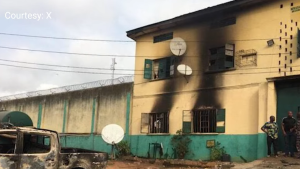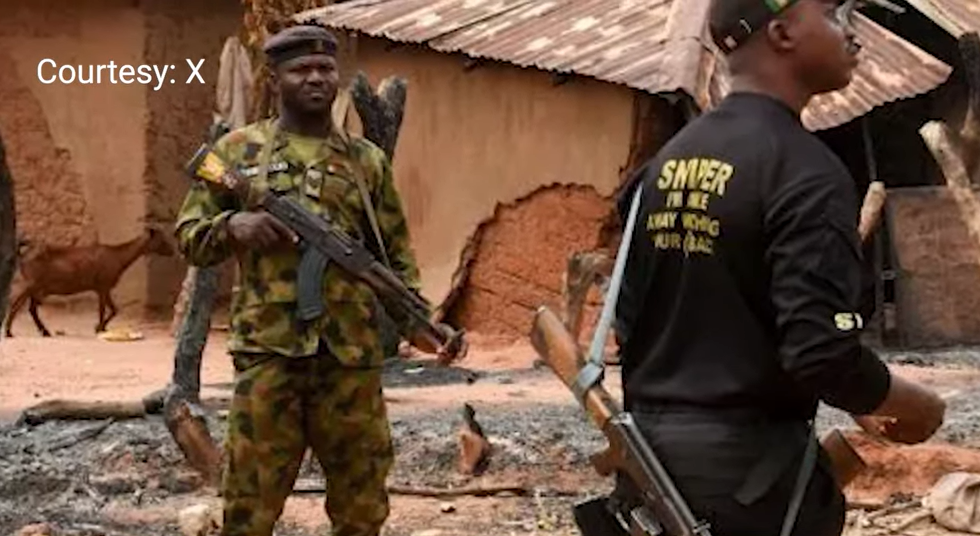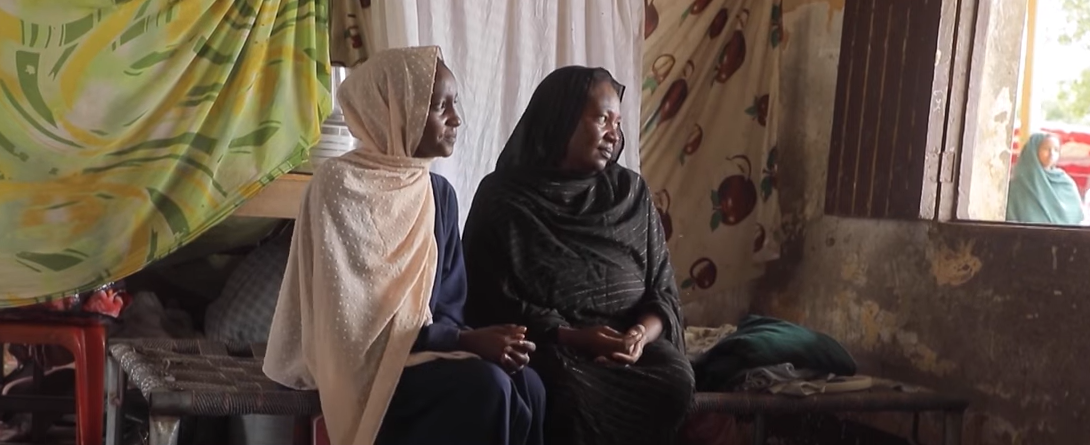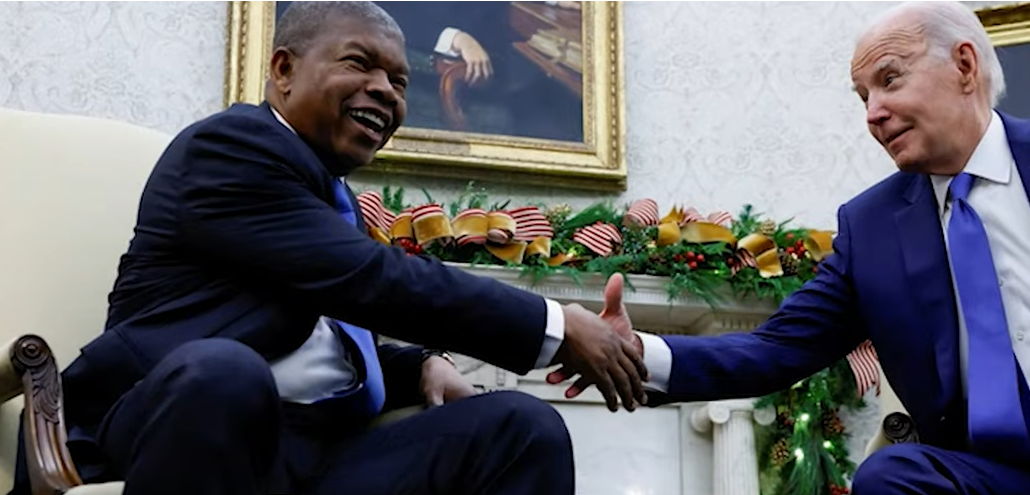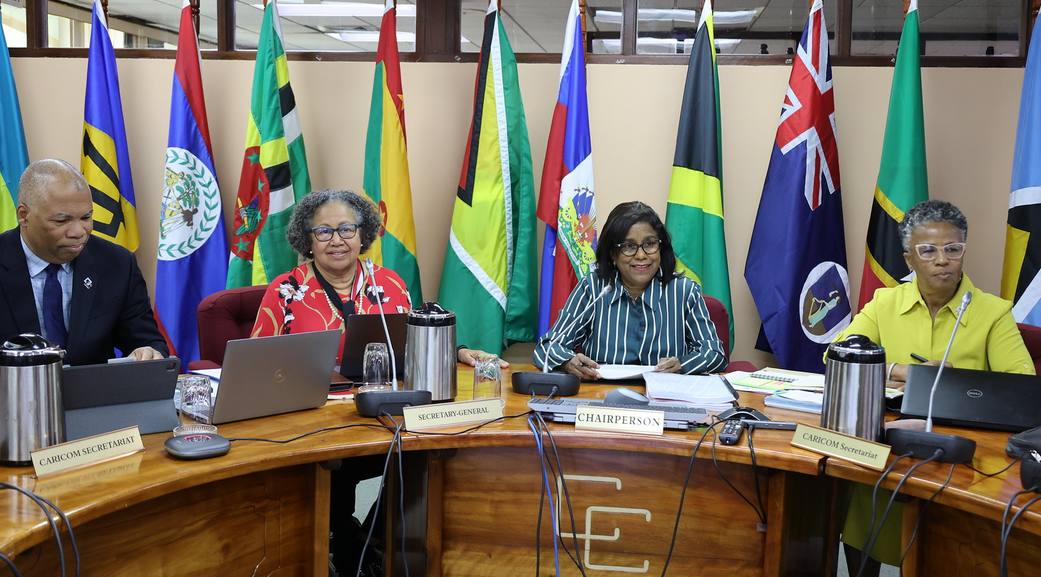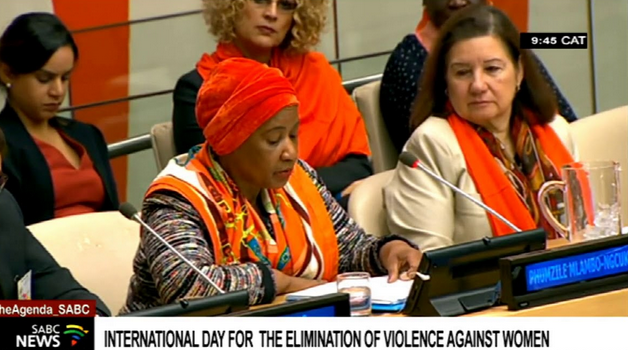By United Nations
Photos: YouTube Screenshots
The top United Nations human rights official has voiced “deep alarm” over the series of attacks on communities in central Nigeria, which left at least 150 people dead and many more injured.

Volker Türk, UN High Commissioner for Human Rights called on the authorities to conduct prompt, thorough and independent investigations into the attacks that took place on Christmas Eve and to hold those responsible to account in fair trials.
The violence occurred in the Plateau state, an ethnically and religiously diverse region, where inter-communal conflict has claimed hundreds of lives in recent years.
“The cycle of impunity fueling recurrent violence must be urgently broken,” Mr. Türk said in a statement on Thursday.
“The Government should also take meaningful steps to address the underlying root causes and to ensure non-recurrence of this devastating violence,” he added.

A complex crisis
Located on the west coast of Africa, Nigeria continues to grapple a complex humanitarian crisis intertwined with climate change impacts and a deadly conflict in the country’s northeast regions.
An estimated 8.3 million people need assistance in Nigeria, with attacks on civilians and civilian infrastructure driving vulnerability and impeding access, according to the UN Office for the Coordination of Humanitarian Affairs (OCHA).
Protection needs are high, especially for women and girls, due to violence, abduction, rape and other forms of gender-based violence. Children are at risk of forced recruitment, especially when unaccompanied or separated from their families. Conflict and insecurity have cut people off from their agricultural production, resulting in food insecurity.
Climate change is also increasing humanitarian needs at an alarming rate. Last year, the country experienced its worst floods in more than two decades, which affected 4.4 million people. The flooding was a major contributor to the spread of cholera that killed 390 people in Borno state alone.
